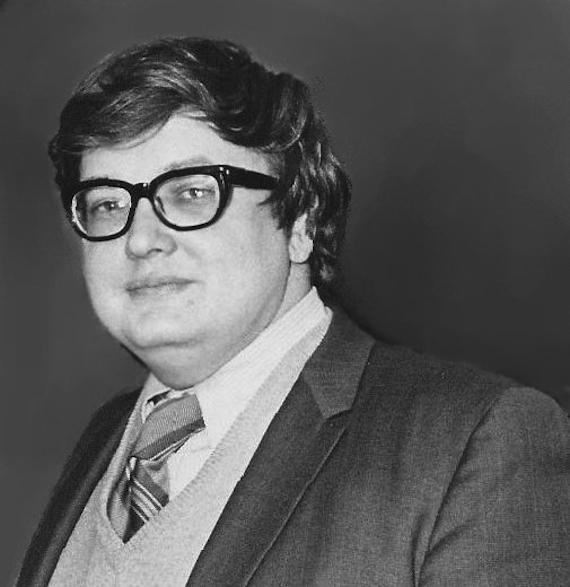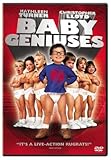
Roger Ebert was a movie man. All over the internet, he is being remembered for his love for movies, for the enthusiasm he brought to film, and for elevating it to its rightful place as art.
All well-deserved. But as much as he “belongs” to film, so too does he belong to us writers. We ought to consider him one of our own, rather than thinking of him as a pop icon, denizen of another, separate world.
While movies were his subject, the written word was, for most of his life, his chosen medium. “When I write,” he said, “I fall into the zone many writers, painters, musicians, athletes, and craftsmen of all sorts seem to share . . . deliberate thoughts fall aside and it is all just there. I think of the next word no more than the composer thinks of the next note.”
Then later, after his illness had taken his jaw: “When I am writing my problems become invisible and I am the same person I always was.”

 Ebert elevated film to the level of literature, but at no loss to literature: an exceptionally well-read working writer, he would quote Wordsworth while trashing Baby Geniuses, or e.e. cummings while praising 2001: Space Odyssey. Ebert’s love of books manifested in a home library of 3,000 to 4,000 titles, and a book lover’s clingy expectation that he might at any point “need” one or another of them. The temptations aroused by walking past a bookstore were, he wrote, as bad as those faced by an alcoholic passing by a neighborhood bar — strong words considering his own self-documented struggles with alcoholism. He fantasized about moving to a smaller place and bringing only, say, 200 or so of his most essential books, but couldn’t really dream of giving any of them up because, in his words, “well, they’re books, and you can’t throw away a book, can you?”
Ebert elevated film to the level of literature, but at no loss to literature: an exceptionally well-read working writer, he would quote Wordsworth while trashing Baby Geniuses, or e.e. cummings while praising 2001: Space Odyssey. Ebert’s love of books manifested in a home library of 3,000 to 4,000 titles, and a book lover’s clingy expectation that he might at any point “need” one or another of them. The temptations aroused by walking past a bookstore were, he wrote, as bad as those faced by an alcoholic passing by a neighborhood bar — strong words considering his own self-documented struggles with alcoholism. He fantasized about moving to a smaller place and bringing only, say, 200 or so of his most essential books, but couldn’t really dream of giving any of them up because, in his words, “well, they’re books, and you can’t throw away a book, can you?”
The outpouring of affection shows how beloved he was by writers. The cause is obvious: Ebert cared intensely about writing, and more than many of us, he brought his best self to it. He was “reluctant to write in a hurtful way” — unless it was to trash a movie that he felt was cruel in spirit, or that insulted its audience. He helped other writers, too, extending his hand to young upstarts and secretly sponsoring other Chicago journalists who joined AA.
Say what you will about his taste in movies or his willingness to embrace “trash” (even in a “silly” film, he wrote, “you will find something profound” about “what people desire and fear”). No writer can help but find it humbling and awe-inspiring to know that a man who lost the ability to eat, to drink, and to speak somehow managed to keep writing. I doubt many people could do that. I’m barely able to muster the heart to write after I’ve eaten a burrito. Just holding on to the will to live in Ebert’s state would be too great a challenge for most, but he wrote and wrote: about movies, politics, atheism and faith, alcoholism, everything else in life, and death.
He wrote through a debilitating illness, through surgeries and years of hospital care. That is bravery, in my book. Doing something for love — of movies, of writing, of his fans — in the face of death is bravery.
We writers ought to embrace him for it. The rest of us can only hope that, if we are held on the precipice as long as he was, we are visited by some portion of his courage.
Image via Wikimedia Commons









